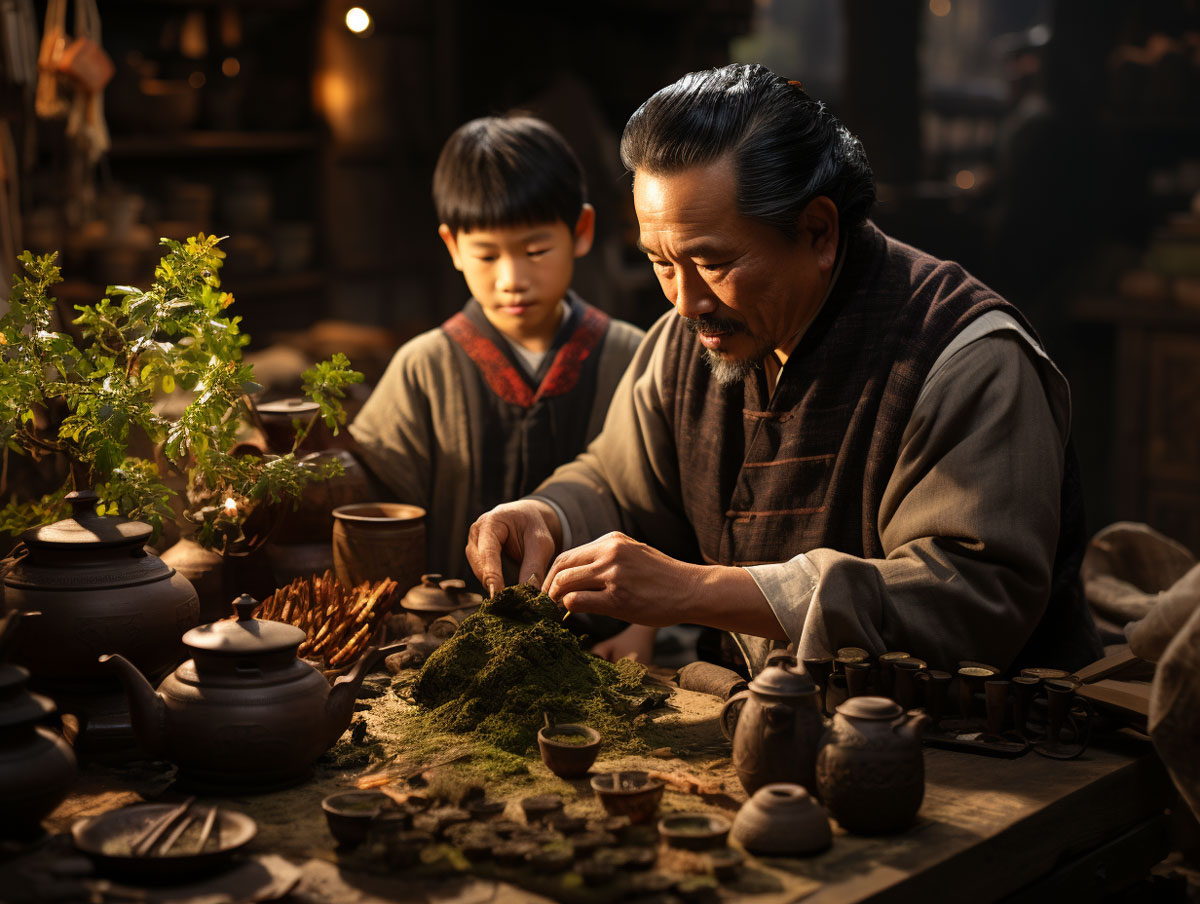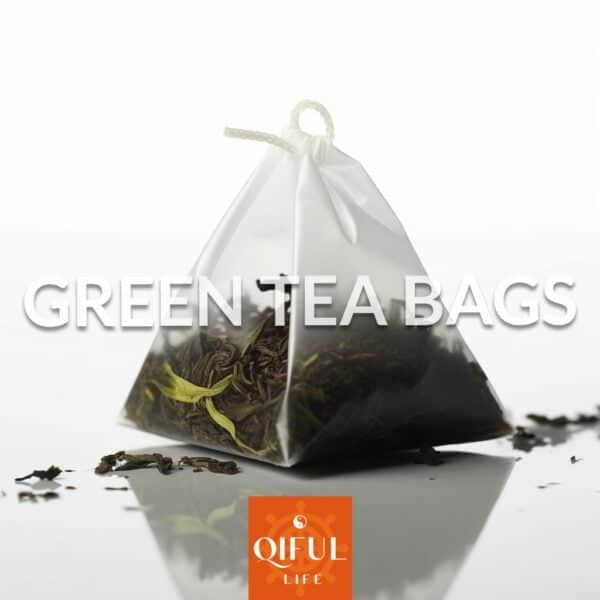This article discusses the importance of lineage and oral transmission in Chinese culture, particularly in the context of various traditional practices, including tea making.
Preservation of Knowledge
China preserved knowledge related to these crafts through written records and, more importantly, oral transmissions. Oral transmissions were highly valued because individuals stored knowledge in their minds, making it resilient to events like book burnings that occurred throughout history.
Direct Tea Experience and Instruction
In ancient China, individuals seeking to learn about tea making had limited access to knowledge. They relied on direct experience, trial and error, or instruction from qualified teachers who passed on their knowledge orally. Without modern resources like the internet, learning happened primarily through conversation and personal guidance.
Transition to Modern Times
While a wealth of information is now available on the internet about tea preparation and cultivation, this information often originates from the lineage of experienced practitioners. The internet has changed how people access and share knowledge, but the foundation of this knowledge still comes from centuries of passed-down information.
Tang Dynasty and Shennong
Some sources attribute the origins of tea making to the Tang Dynasty, while others suggest that it dates back even further to Shennong, the divine farmer credited with discovering that tea leaves could be consumed. Regardless of its origins, tea knowledge was shared and cultivated over time.
Benefits of Lineage in Tea
Lineage in tea holds particular value in crop cultivation. Tea farmers, especially those from older generations, have their own unique methods and secrets for producing high-quality tea. While the internet may eventually impact this tradition, oral transmission remains a vital source of knowledge and a competitive advantage.
Contextual Learning
This passage underscores the distinction between reading about information and receiving it through oral transmission in its original context. The latter provides a deeper and more nuanced understanding of the craft.
Lineage is very important in Chinese culture, not only for tea but also for other practices such as Qigong, Kung Fu, and Taichi.




